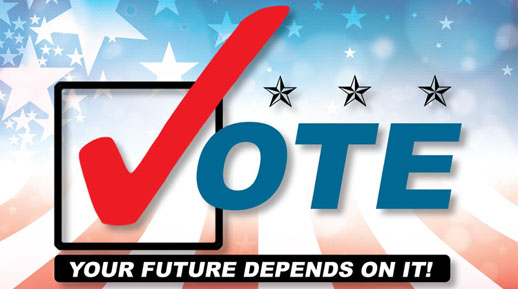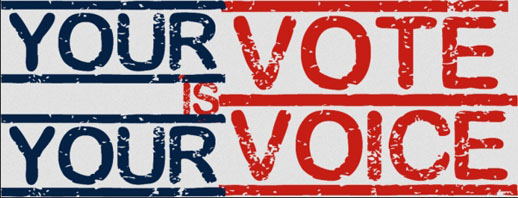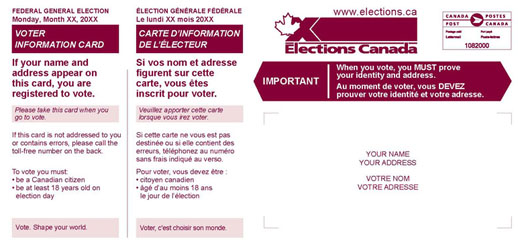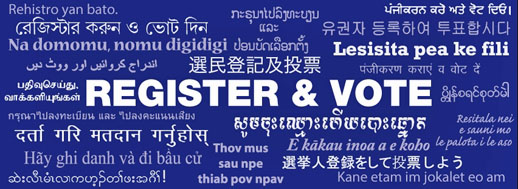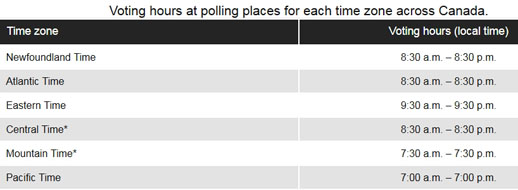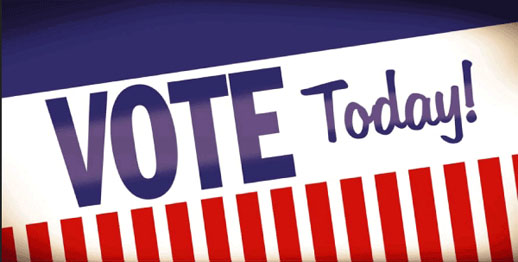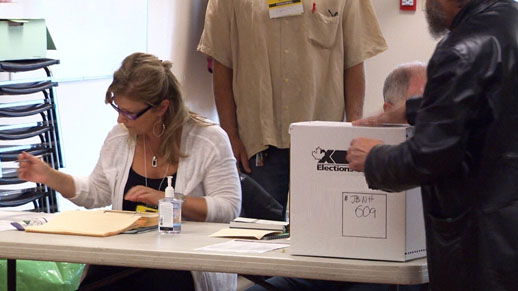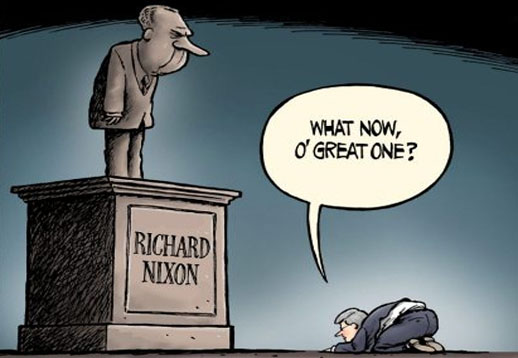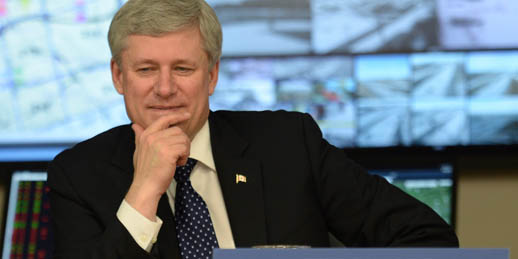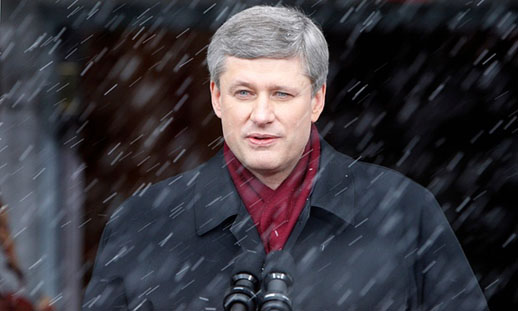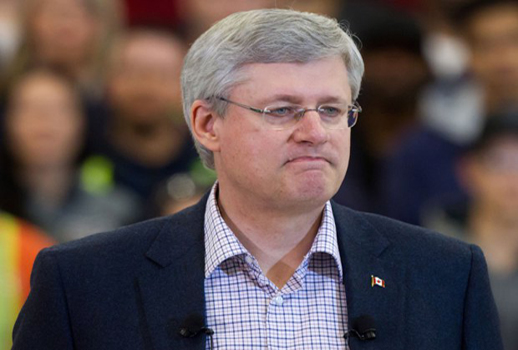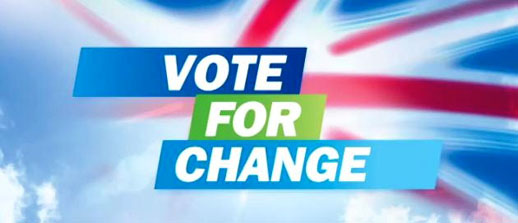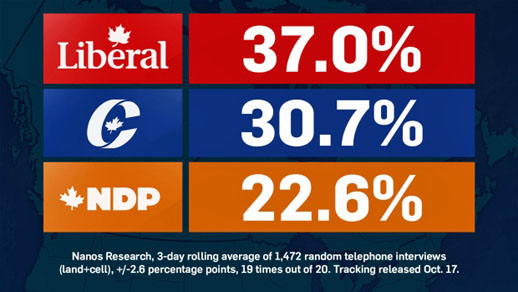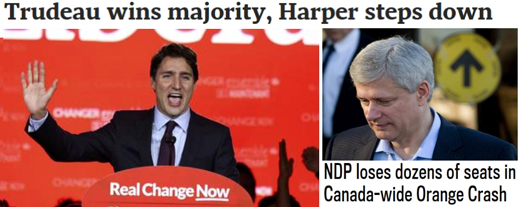
Given the uncertainty of the day’s election outcome, the best possible result for Canada’s 42nd federal election occurred on Monday evening — a stable Liberal Party of Canada majority government, led by Justin Trudeau.
Heading into Monday, October 19th, rumours were rampant that unless Justin Trudeau secured a majority, Stephen Harper would hold on as Prime Minister — as is his constitutional right — until he lost a confidence vote in Parliament next spring. Imagine — seven more months of Stephen Harper. The only possible way that Canadians could be assured that Mr. Harper would step down involved Justin Trudeau and the Liberal Party of Canada securing a majority of seats in Parliament, as occurred on Monday evening.
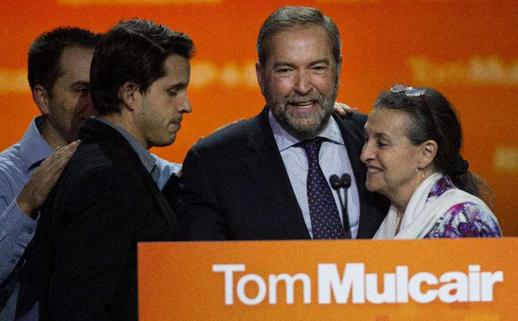
Tom Mulcair and the New Democratic Party of Canada, on the other hand, suffered a devastating defeat in Monday’s election, losing dozens of seats across Canada — down from 95 seats at the dissolution of Parliament on August 2nd, to the bare 44 seats that the party achieved on Monday evening — seeing its bedrock Québec support collapse as a sea of red carried the Liberals back into power after 10 lost years in the wilderness.
NDP deputy leader Megan Leslie and longtime St. John’s East MP Jack Harris, as well as respected Parliamentarian Paul Dewar, Veterans Affairs critic Peter Stoffer, former interim NDP leader Nycole Turmel, Yellowknife MP Dennis Bevington, the always feisty Pat Martin, and high-profile candidates Peggy Nash, the NDP’s Industry critic, and veteran politico Olivia Chow were among the dozens of New Democrats who lost their seats.

In respect of the Conservative party, Environment Minister Leona Aglukkaq, Finance Minister Joe Oliver, Immigration Minister Chris Alexander, Associate Minister of Defence Julian Fantino, Aboriginal Affairs Minister Bernard Valcourt, Multiculturalism Minister Tim Uppal, Economic Development Agency Minister of State Gary Goodyear, Minister of State John Duncan, Minister of Natural Resources Greg Rickford, Minister of National Revenue Kerry-Lynne Findlay, Minister of State (Sport) Bal Gosal, Minister of State (Atlantic Opportunities) Rob Moore, Fisheries Minister Gail Shea, and Minister of State (Science & Technology) Ed Holder suffered respective crushing defeats at the polls, almost all of whom were virtually unknown to most Canadians, given that Stephen Harper operated the mechanism of government solely and unilaterally out of the Prime Minister’s Office (PMO).

What does Prime Minister-designate Justin Trudeau’s victory on Monday evening mean for Canadians? As written previously on VanRamblings …
- A government that will address the long overdue problem of child poverty in Canada;
- A more open and accessible government in Ottawa;
- Moving 650,000 Canadian seniors out of poverty with a commitment of $750 million annually to raising the Guaranteed Income Supplement, not to mention lowering the pension eligibility age from 67 to 65;
- Strong, independently-minded Ministers of Government, at least half of whom will be women;
- A fairer tax system that will close tax loopholes and see corporations pay their fair share of taxes;
- Implementation of an immigration policy that will focus on family reunification, doubling the number of applications allowed for parents and grandparents to 10,000 each year, changing immigration rules to allow spouses immigrating to Canada to receive immediate permanent residency, as well as elimination of the current 2-year waiting period;
- An additional $380 million in funding for the arts, and the undoing of Conservative funding cuts to the CBC;
- Reducing wait times for a first EI payment to one week from two, and implementation of a six-month family care employment insurance benefit similar to the EI parental leave benefit;
- First, decriminalizing the use of marijuana in Canada, and then legalizing the administration and use of marijuana across our country;
- $100 million a year to create more than 40,000 jobs, paid internships and co-op placements for youth over four years, as well as the expenditure of $1.5 billion over four years on a youth job strategy to help 125,000 young people find a job;
- Funding affordable and co-operative housing, and for those 111,000 Canadians who live in co-ops, a renewal of the $2 billion subsidy for tens of thousands of Canadians requiring a subsidy on their housing charge.
All of the above barely scratches the surface of the commitments made to Canadians by the incoming federal Liberal administration, not the least of which is a plan to fund needed transit and infrastructure across Canada.
Make no mistake, on October 19th, 2015 Canadians elected a government that will be on their side — a day of deliverance for each & every one of us.
